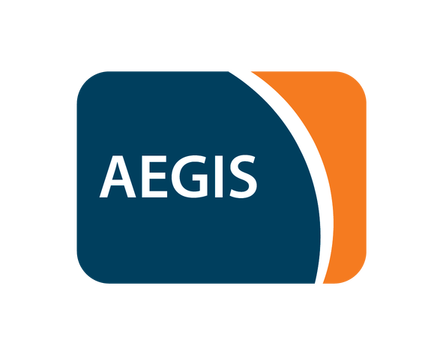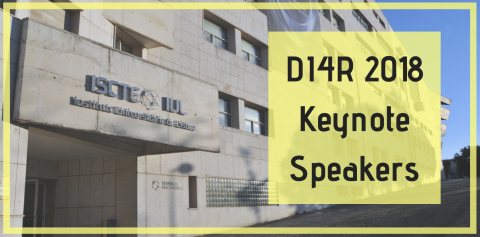

 The AARC Engagement Group for Infrastructures (AEGIS) is running a workshop on the 29th for those that are interested in accessing and sharing digital resources using federated identities. Christos Kanellopoulos of GÉANT has been asked to answer some questions to better understand the role of AEGIS. Don't miss the CONNECT magazine where you will find the full interview.
The AARC Engagement Group for Infrastructures (AEGIS) is running a workshop on the 29th for those that are interested in accessing and sharing digital resources using federated identities. Christos Kanellopoulos of GÉANT has been asked to answer some questions to better understand the role of AEGIS. Don't miss the CONNECT magazine where you will find the full interview.
What is AEGIS and why is it a relevant topic to discuss during a conference such as DI4R?
AEGIS brings together representatives from research and e-infrastructures, which are implementing authentication and authorisation services that support federated access, to enable research collaboration. Currently, AEGIS has members from 5 e-infrastructures (EGI, EUDAT, GÉANT, PRACE and XSEDE) and from 2 domain-specific research infrastructures (ELIXIR and DARIAH).
AEGIS is an initiative of the AARC project, could you explain why this initiative was set up and how it will help AARC to achieve its goals?
AARC, the Authentication and Authorisation for Research and Collaboration project, has made the strategic choice to entrust the implementation and the operations of AARC results to existing research infrastructures and e-infrastructures. This choice is based on the consideration that existing infrastructures are better positioned to deploy and operate services and thus to implement the AARC recommendations and best practices in order to guarantee sustainability and support for the scientific communities. For this reason, the AARC project is committed to working with the research infrastructures and e-infrastructures, which will act as the delivery channel between AARC and the user communities they represent.
What advantages would the e-infrastructures community gain from participating in AEGIS?
The way researchers collaborate within scientific communities can vary significantly from community to community. On the one side of the spectrum there are large, highly structured research communities, while on the other side there can be small fragmented research communities with very loose structures. What all of them commonly share, is the need to access and share resources, which is a crucial aspect for the success of their collaborations.
AARC has delivered a blueprint architecture that champions federated access and defines technical components and policy aspects for research and e-infrastructures to build interoperable AAIs. This is a major achievement. However, the implementations of the blueprint is the responsibility of the research and e-infrastructures. AEGIS helps participating infrastructures understand the importance of adopting AARC frameworks, as well as unveiling aspects that may emerge during the deployment phase that may still be unknown.
Who should definitely not miss out and how can they get involved?
Members of research communities and digital infrastructures that are interested in accessing and sharing digital resources using federated identities should attend the AEGIS workshop on the 29th November from 13:00 to 17:00. This workshop will offer an interactive session where researchers and research infrastructures present their use-cases and, more generally, describe how they do their daily work and which obstacles they face in accessing and sharing resources using federated identities. Some solutions will be presented in light of the benefits they bring to researchers and research infrastructures if adopted, and maturity and service models.
The AEGIS workshop is one of this year's associated events. Read more about it on the designated page or register for the workshop directly!
Curious to learn more about AEGIS? Read all about it on AARC's website.



